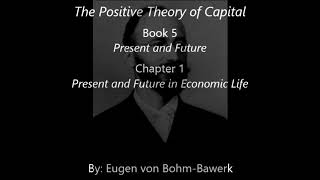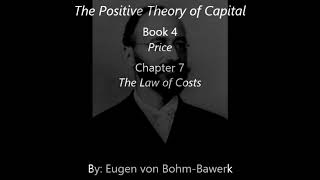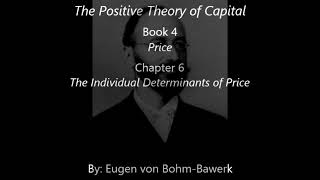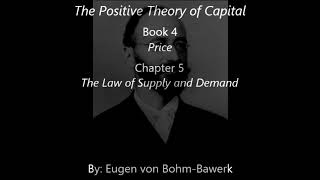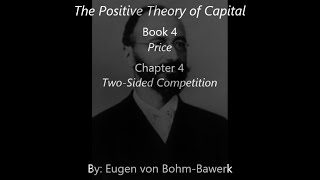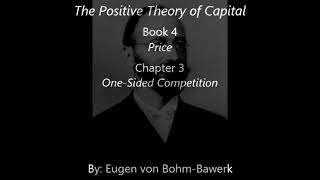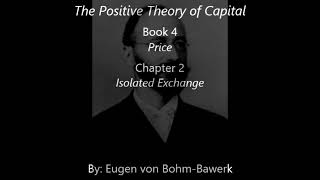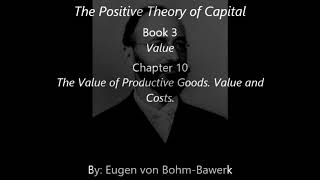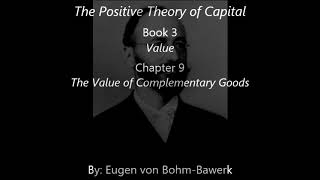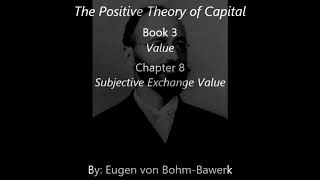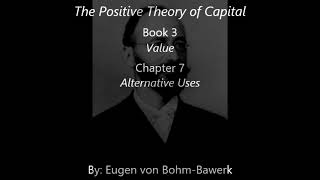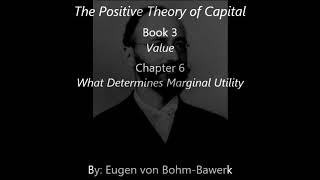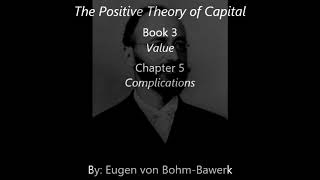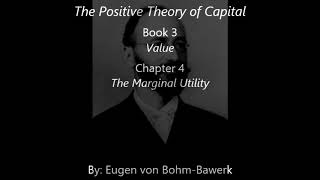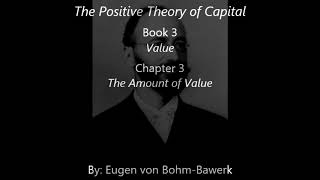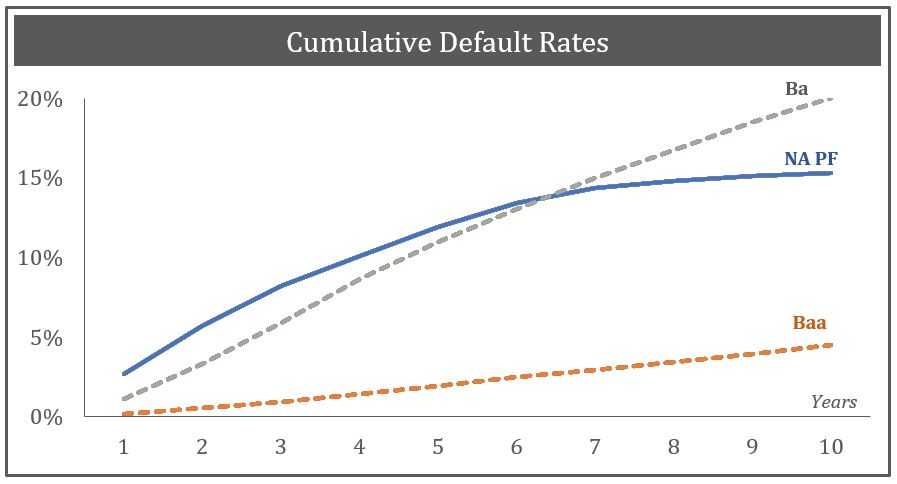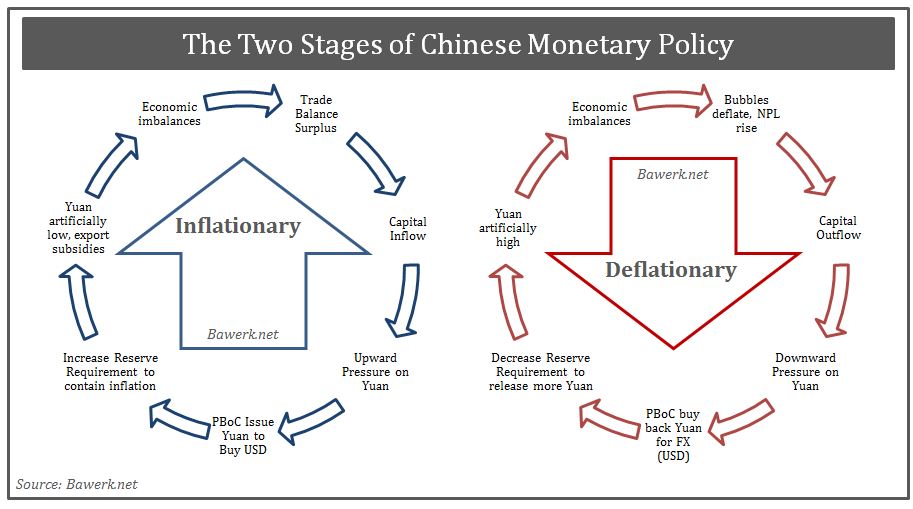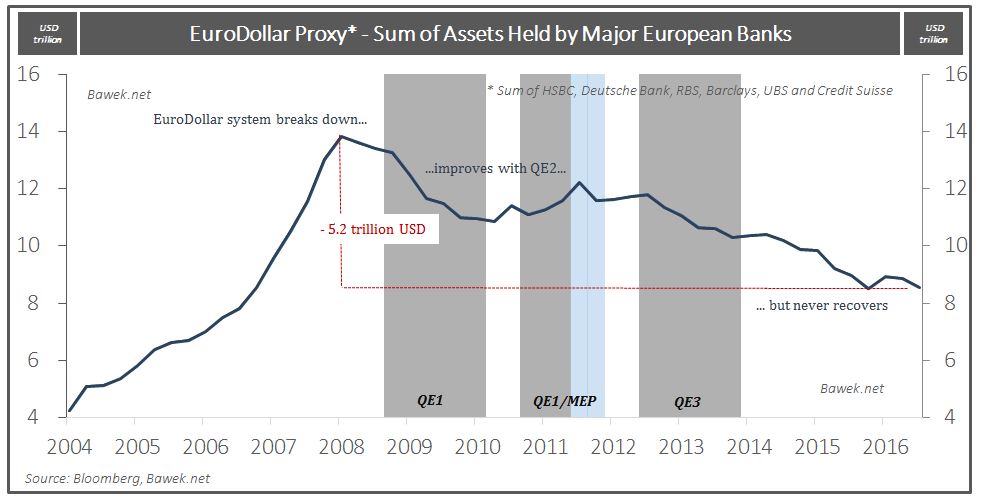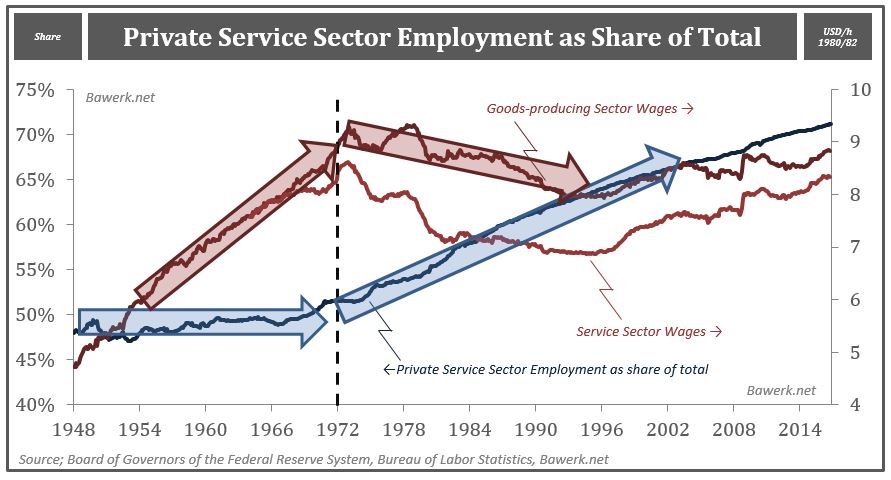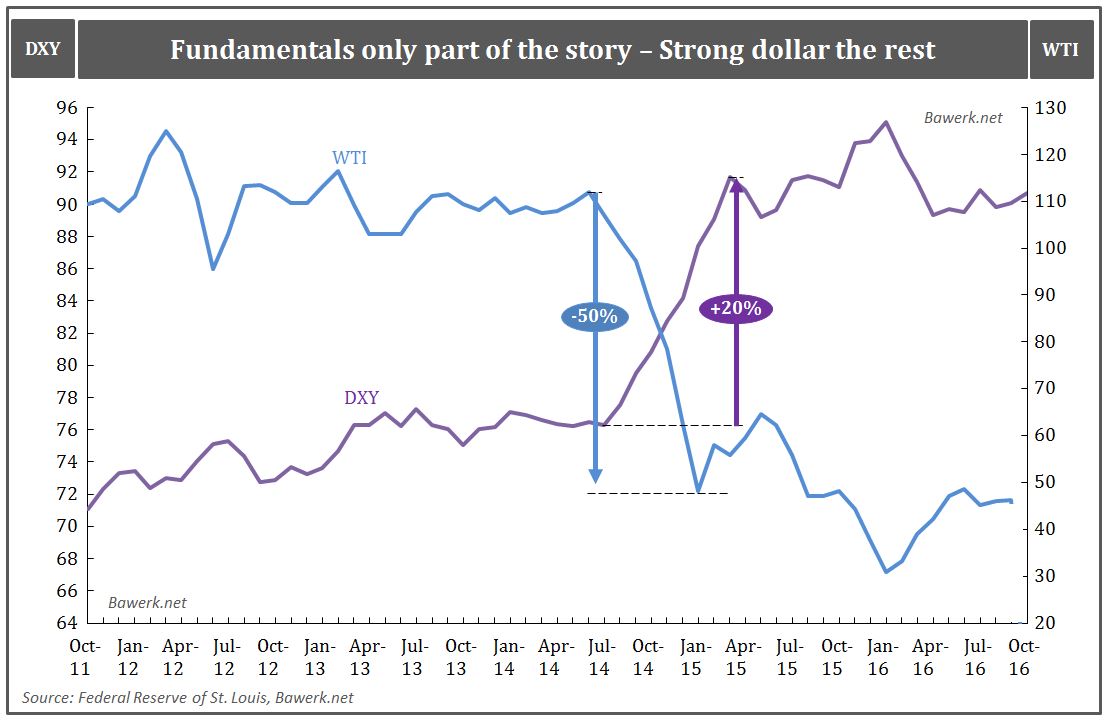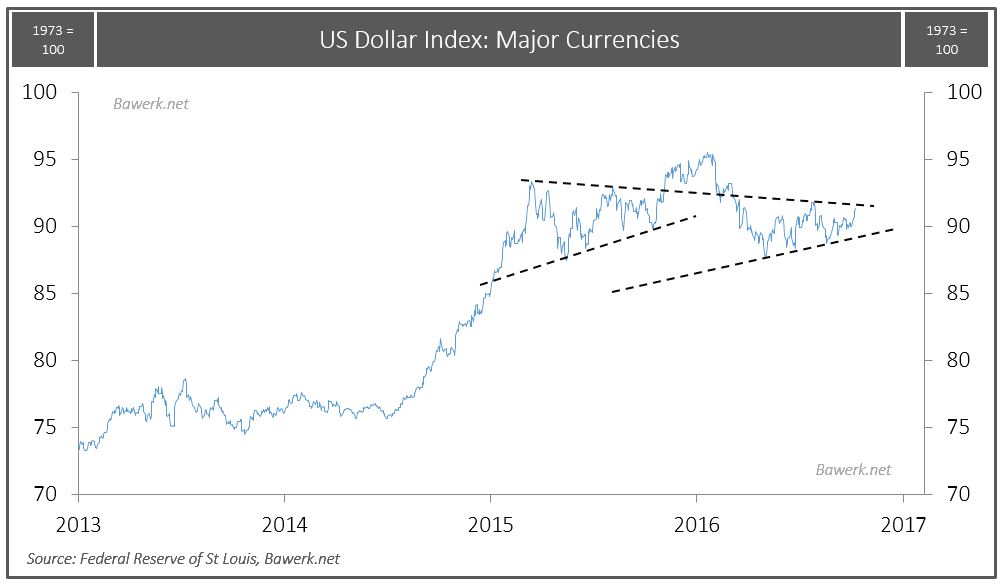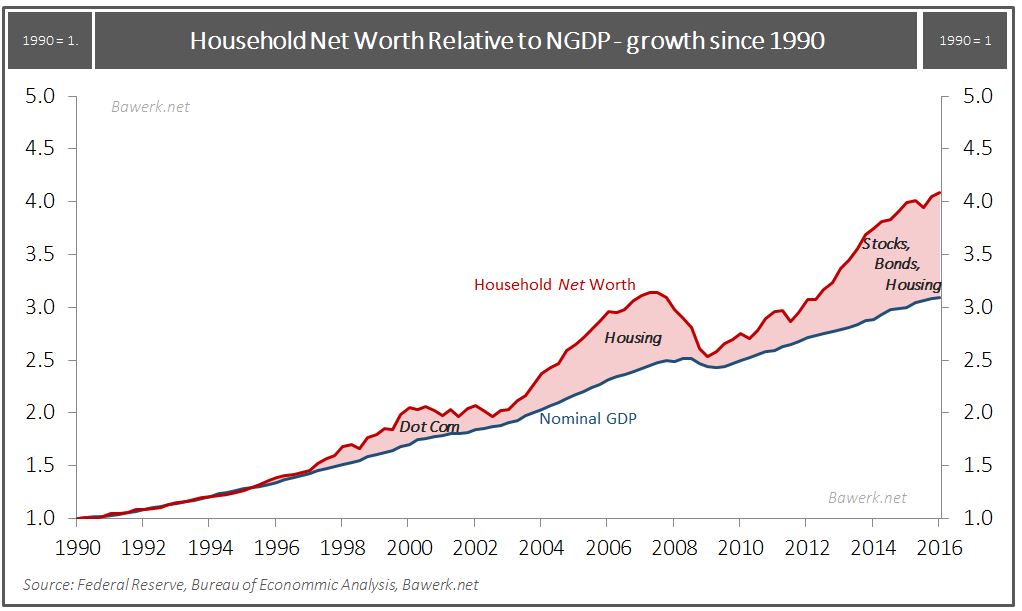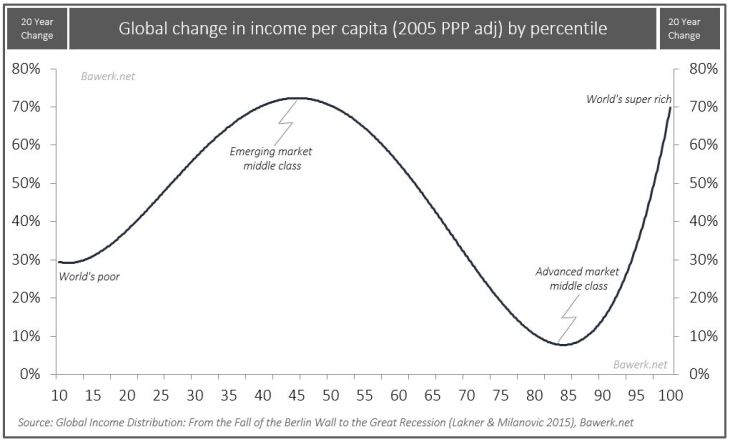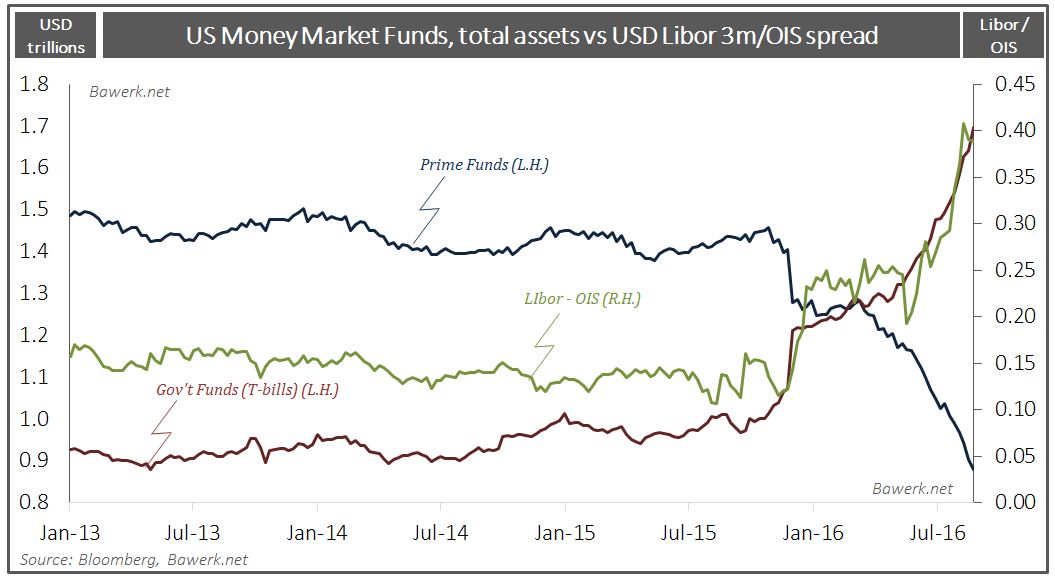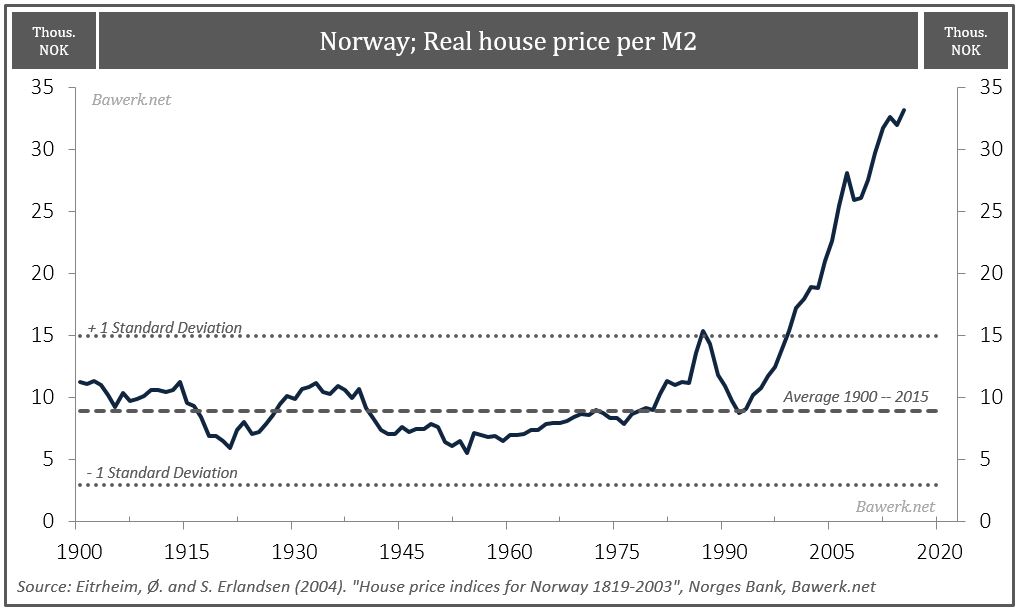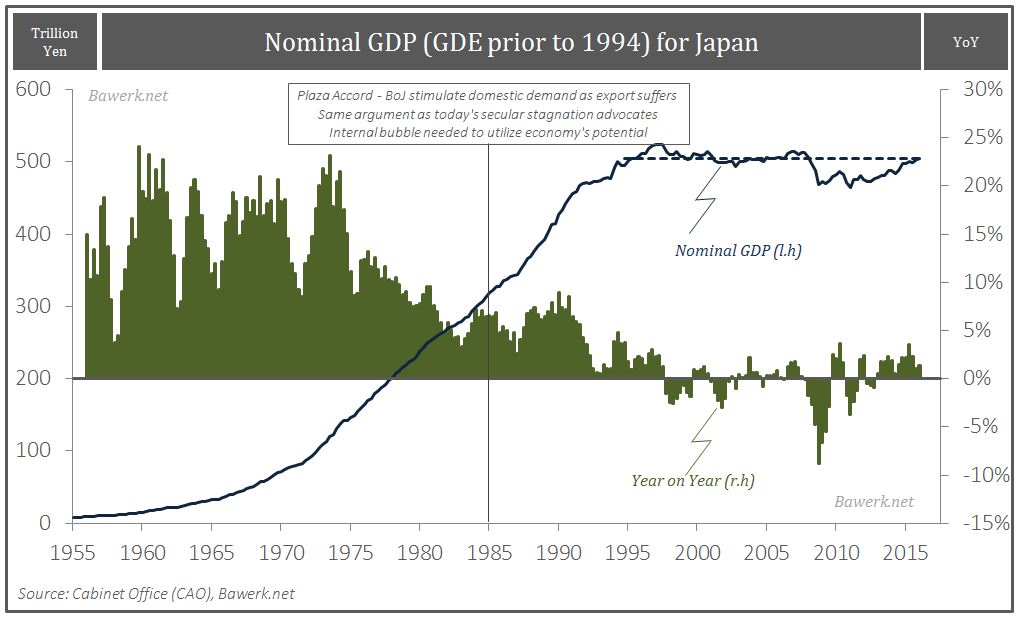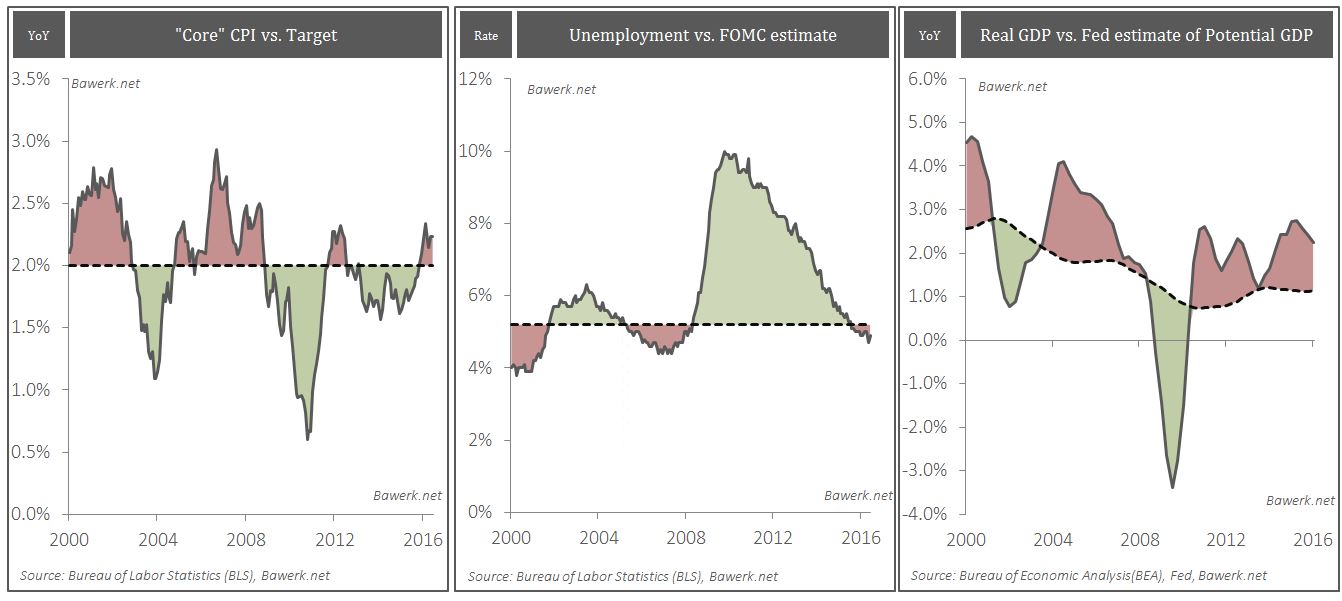Category Archive: 6b.) Bawerk
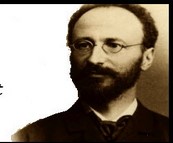
Cracking the Code: Inside the Operations of the Dutch Banking Giant
In the intricate world of finance, where the ebb and flow of capital mirrors the complexity of a grand puzzle, certain institutions stand out as giants shaping the economic landscape. Among these towering entities, Dutch banks hold a significant place, not just within Europe but on the global stage.
Read More »
Read More »
Navigating Economic Waters: The Role and Impact of Monetary Policy
**The Role and Impact of Monetary Policy in Modern Economies**In the intricate web of modern economies, few instruments wield as much influence as monetary policy. At its core, monetary policy encompasses the actions undertaken by a nation's central bank to manage the money supply, interest rates, and inflation, with the overarching goal of fostering economic stability and growth.
Read More »
Read More »
Decoding Monetary Policy: How Central Banks Steer the Economy
Monetary policy stands as a cornerstone of modern economic management, wielded by central banks worldwide to influence the economic landscape. This dynamic toolset plays a pivotal role in steering economies through the ebbs and flows of growth, inflation, and employment.
Read More »
Read More »
Exploring the Impact of Monetary Policy on Aggregate Supply: A Comprehensive Analysis
In the intricate dance of economics, the relationship between monetary policy and aggregate supply often remains a nuanced and complex topic. While much attention is typically given to the immediate impacts of monetary policy on aggregate demand—such as changes in interest rates and their effect on consumer spending and investment—the potential repercussions on aggregate supply are equally significant, albeit less straightforward.
Read More »
Read More »
Eugen von Bohm-Bawerk: The Positive Theory of Capital: Book 5: Chapter 1
The Positive Theory of Capital:
Book 5: Present and Future
Chapter 1: Present and Future in Economic Life
Eugen von Bohm-Bawerk (1851 - 1914) was an Austrian Economist, who was influenced by Carl Menger, and served as the Austrian Minister of Finance between 1895 and 1904. In the book The Positive Theory of Capital Eugen brings up six sections: Capital as an Instrument of Production, Value, Price, Present and Future, The Source of Interest, and...
Read More »
Read More »
Eugen von Bohm-Bawerk: The Positive Theory of Capital: Book 4: Chapter 7
The Positive Theory of Capital:
Book 4: Price
Chapter 7: The Law of Costs
Eugen von Bohm-Bawerk (1851 - 1914) was an Austrian Economist, who was influenced by Carl Menger, and served as the Austrian Minister of Finance between 1895 and 1904. In the book The Positive Theory of Capital Eugen brings up six sections: Capital as an Instrument of Production, Value, Price, Present and Future, The Source of Interest, and The Rate of Interest.
Want to own...
Read More »
Read More »
Eugen von Bohm-Bawerk: The Positive Theory of Capital: Book 4: Chapter 6
The Positive Theory of Capital:
Book 4: Price
Chapter 6: The Individual Determinants of Price
Eugen von Bohm-Bawerk (1851 - 1914) was an Austrian Economist, who was influenced by Carl Menger, and served as the Austrian Minister of Finance between 1895 and 1904. In the book The Positive Theory of Capital Eugen brings up six sections: Capital as an Instrument of Production, Value, Price, Present and Future, The Source of Interest, and The Rate of...
Read More »
Read More »
Eugen von Bohm-Bawerk: The Positive Theory of Capital: Book 4: Chapter 5
The Positive Theory of Capital:
Book 4: Price
Chapter 5: The Law of Supply and Demand
Eugen von Bohm-Bawerk (1851 - 1914) was an Austrian Economist, who was influenced by Carl Menger, and served as the Austrian Minister of Finance between 1895 and 1904. In the book The Positive Theory of Capital Eugen brings up six sections: Capital as an Instrument of Production, Value, Price, Present and Future, The Source of Interest, and The Rate of Interest....
Read More »
Read More »
Eugen von Bohm-Bawerk: The Positive Theory of Capital: Book 4: Chapter 4
The Positive Theory of Capital:
Book 4: Price
Chapter 4: Two-Sided Competition
Eugen von Bohm-Bawerk (1851 - 1914) was an Austrian Economist, who was influenced by Carl Menger, and served as the Austrian Minister of Finance between 1895 and 1904. In the book The Positive Theory of Capital Eugen brings up six sections: Capital as an Instrument of Production, Value, Price, Present and Future, The Source of Interest, and The Rate of Interest.
Want...
Read More »
Read More »
Eugen von Bohm-Bawerk: The Positive Theory of Capital: Book 4: Chapter 3
The Positive Theory of Capital:
Book 4: Price
Chapter 3: One-Sided Competition
00:11 - First - of one-sided competition of Buyers.
03:59 - Second - of one-sided competition of Sellers.
Eugen von Bohm-Bawerk (1851 - 1914) was an Austrian Economist, who was influenced by Carl Menger, and served as the Austrian Minister of Finance between 1895 and 1904. In the book The Positive Theory of Capital Eugen brings up six sections: Capital as an...
Read More »
Read More »
Eugen von Bohm-Bawerk: The Positive Theory of Capital: Book 4: Chapter 2
The Positive Theory of Capital:
Book 4: Price
Chapter 2: Isolated Exchange
Eugen von Bohm-Bawerk (1851 - 1914) was an Austrian Economist, who was influenced by Carl Menger, and served as the Austrian Minister of Finance between 1895 and 1904. In the book The Positive Theory of Capital Eugen brings up six sections: Capital as an Instrument of Production, Value, Price, Present and Future, The Source of Interest, and The Rate of Interest.
Want to...
Read More »
Read More »
Eugen von Bohm-Bawerk: The Positive Theory of Capital: Book 4: Chapter 1
The Positive Theory of Capital:
Book 4: Price
Chapter 1: The Fundamental Law
Eugen von Bohm-Bawerk (1851 - 1914) was an Austrian Economist, who was influenced by Carl Menger, and served as the Austrian Minister of Finance between 1895 and 1904. In the book The Positive Theory of Capital Eugen brings up six sections: Capital as an Instrument of Production, Value, Price, Present and Future, The Source of Interest, and The Rate of Interest.
Want to...
Read More »
Read More »
Eugen von Bohm-Bawerk: The Positive Theory of Capital: Book 3: Chapter 10
The Positive Theory of Capital:
Book 3: Value
Chapter 10: The Value of Productive Goods. Value and Costs
Eugen von Bohm-Bawerk (1851 - 1914) was an Austrian Economist, who was influenced by Carl Menger, and served as the Austrian Minister of Finance between 1895 and 1904. In the book The Positive Theory of Capital Eugen brings up six sections: Capital as an Instrument of Production, Value, Price, Present and Future, The Source of Interest, and The...
Read More »
Read More »
Eugen von Bohm-Bawerk: The Positive Theory of Capital: Book 3: Chapter 9
The Positive Theory of Capital:
Book 3: Value
Chapter 9: The Value of Complementary Goods
Eugen von Bohm-Bawerk (1851 - 1914) was an Austrian Economist, who was influenced by Carl Menger, and served as the Austrian Minister of Finance between 1895 and 1904. In the book The Positive Theory of Capital Eugen brings up six sections: Capital as an Instrument of Production, Value, Price, Present and Future, The Source of Interest, and The Rate of...
Read More »
Read More »
Eugen von Bohm-Bawerk: The Positive Theory of Capital: Book 3: Chapter 8
The Positive Theory of Capital:
Book 3: Value
Chapter 8: Subjective Exchange Value
Eugen von Bohm-Bawerk (1851 - 1914) was an Austrian Economist, who was influenced by Carl Menger, and served as the Austrian Minister of Finance between 1895 and 1904. In the book The Positive Theory of Capital Eugen brings up six sections: Capital as an Instrument of Production, Value, Price, Present and Future, The Source of Interest, and The Rate of Interest....
Read More »
Read More »
Eugen von Bohm-Bawerk: The Positive Theory of Capital: Book 3: Chapter 7
The Positive Theory of Capital:
Book 3: Value
Chapter 7: Alternative Uses
Eugen von Bohm-Bawerk (1851 - 1914) was an Austrian Economist, who was influenced by Carl Menger, and served as the Austrian Minister of Finance between 1895 and 1904. In the book The Positive Theory of Capital Eugen brings up six sections: Capital as an Instrument of Production, Value, Price, Present and Future, The Source of Interest, and The Rate of Interest.
Want to own...
Read More »
Read More »
Eugen von Bohm-Bawerk: The Positive Theory of Capital: Book 3: Chapter 6
The Positive Theory of Capital:
Book 3: Value
Chapter 6: What Determines Marginal Utility
Eugen von Bohm-Bawerk (1851 - 1914) was an Austrian Economist, who was influenced by Carl Menger, and served as the Austrian Minister of Finance between 1895 and 1904. In the book The Positive Theory of Capital Eugen brings up six sections: Capital as an Instrument of Production, Value, Price, Present and Future, The Source of Interest, and The Rate of...
Read More »
Read More »
Eugen von Bohm-Bawerk: The Positive Theory of Capital: Book 3: Chapter 5
The Positive Theory of Capital:
Book 3: Value
Chapter 5: Complications
Eugen von Bohm-Bawerk (1851 - 1914) was an Austrian Economist, who was influenced by Carl Menger, and served as the Austrian Minister of Finance between 1895 and 1904. In the book The Positive Theory of Capital Eugen brings up six sections: Capital as an Instrument of Production, Value, Price, Present and Future, The Source of Interest, and The Rate of Interest.
Want to own a...
Read More »
Read More »
Eugen von Bohm-Bawerk: The Positive Theory of Capital: Book 3 Chapter 4
The Positive Theory of Capital:
Book 3: Value
Chapter 4: The Marginal Utility
Eugen von Bohm-Bawerk (1851 - 1914) was an Austrian Economist, who was influenced by Carl Menger, and served as the Austrian Minister of Finance between 1895 and 1904. In the book The Positive Theory of Capital Eugen brings up six sections: Capital as an Instrument of Production, Value, Price, Present and Future, The Source of Interest, and The Rate of Interest.
Want to...
Read More »
Read More »
Eugen von Bohm-Bawerk: The Positive Theory of Capital: Book 3: Chapter 3
The Positive Theory of Capital:
Book 3: Value
Chapter 3: The Amount of Value
Eugen von Bohm-Bawerk (1851 - 1914) was an Austrian Economist, who was influenced by Carl Menger, and served as the Austrian Minister of Finance between 1895 and 1904. In the book The Positive Theory of Capital Eugen brings up six sections: Capital as an Instrument of Production, Value, Price, Present and Future, The Source of Interest, and The Rate of Interest.
Want to...
Read More »
Read More »










